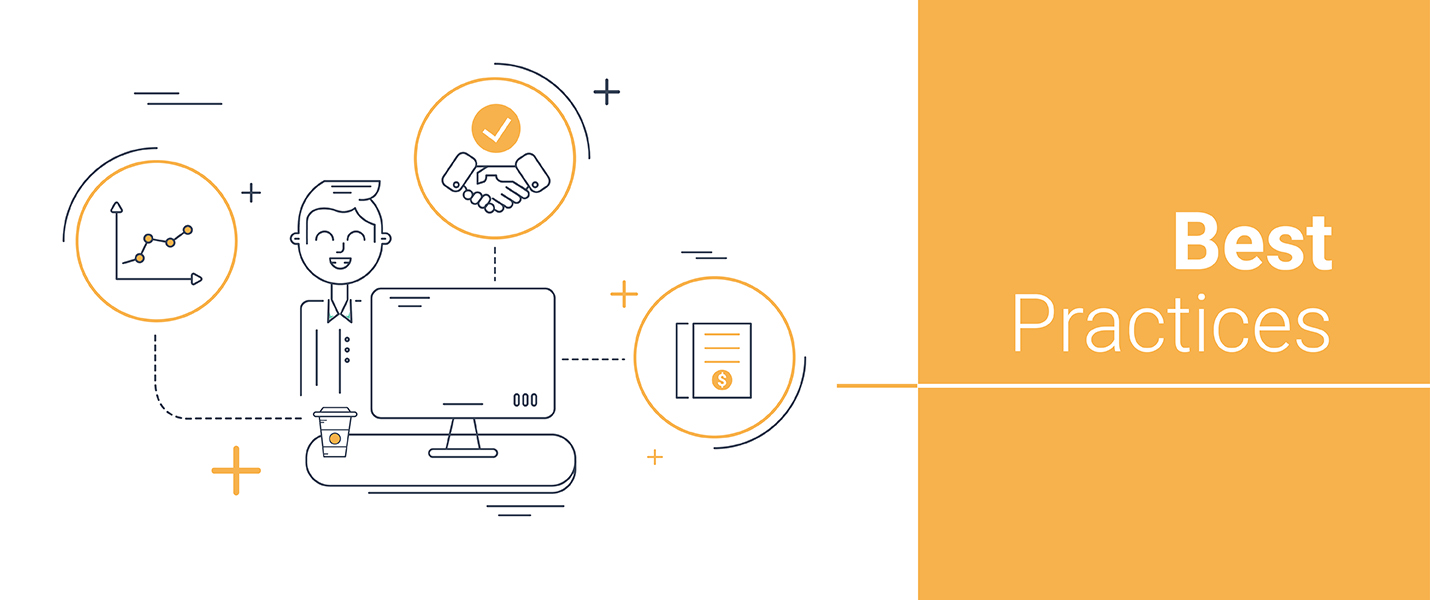
Accounting Basics for Freelancers and Small Business Owners
For freelancers and small business owners, understanding the basics of accounting is crucial for maintaining a healthy financial status and ensuring compliance with tax regulations. This section of the guide aims to demystify common accounting terms, emphasize the importance of diligent record-keeping, and provide an overview of tax basics relevant to invoicing and income.
Understanding Basic Accounting Terms
- Revenue: This is the total amount of money earned from selling goods or providing services before any expenses are deducted. It's often referred to as "sales" or "income."
- Expenses: These are costs incurred in the process of earning revenue. Expenses can include rent, salaries, supply costs, and any other costs necessary for operation.
- Profits: Profit is the amount of money left after all expenses have been subtracted from revenue. It's a key indicator of your business's financial health.
- Assets: Assets are anything of value owned by your business. This can include cash, inventory, equipment, and accounts receivable (money owed to you).
- Liabilities: Liabilities are debts or financial obligations your business owes to others, such as loans, accounts payable (money you owe), and mortgages.
Record Keeping
Keeping accurate and organized records of all your invoices and payments is foundational to effective financial management. Good record-keeping helps you understand your business's financial health, prepare for tax season, and make informed business decisions.
Basic Bookkeeping Tips
- Regularly update your records to avoid discrepancies and last-minute rushes during tax season.
- Use digital tools or software to track your income, expenses, invoices, and payments. Many tools can automate aspects of this process, saving you time.
- Keep copies of all financial transactions, including invoices sent, payments received, receipts, and bills paid. Digital copies are acceptable but ensure they're backed up securely.
- Separate your personal and business finances to simplify bookkeeping and tax preparation.
Tax Basics
Understanding the tax implications of your invoicing and income is essential for compliance and financial planning.
- Collecting Sales Tax: If your products or services are taxable, you need to collect the appropriate sales tax from your clients. The applicable rate can vary depending on your location and the nature of your goods or services.
- Income Tax Considerations: Your revenue, after expenses have been deducted (profit), is subject to income tax. Accurate record-keeping and understanding of deductible expenses can significantly affect your taxable income.
- Consult a Tax Professional: Tax laws can be complex and vary widely by location and specific business situations. It's highly recommended to consult with a tax professional for personalized advice. They can help you understand your obligations, plan for taxes, and take advantage of any available deductions or credits.
By mastering these accounting basics, freelancers and small business owners can better manage their finances, stay compliant with tax laws, and pave the way for sustainable growth and success. Remember, investing time in understanding and implementing good financial practices is an investment in the future of your business.